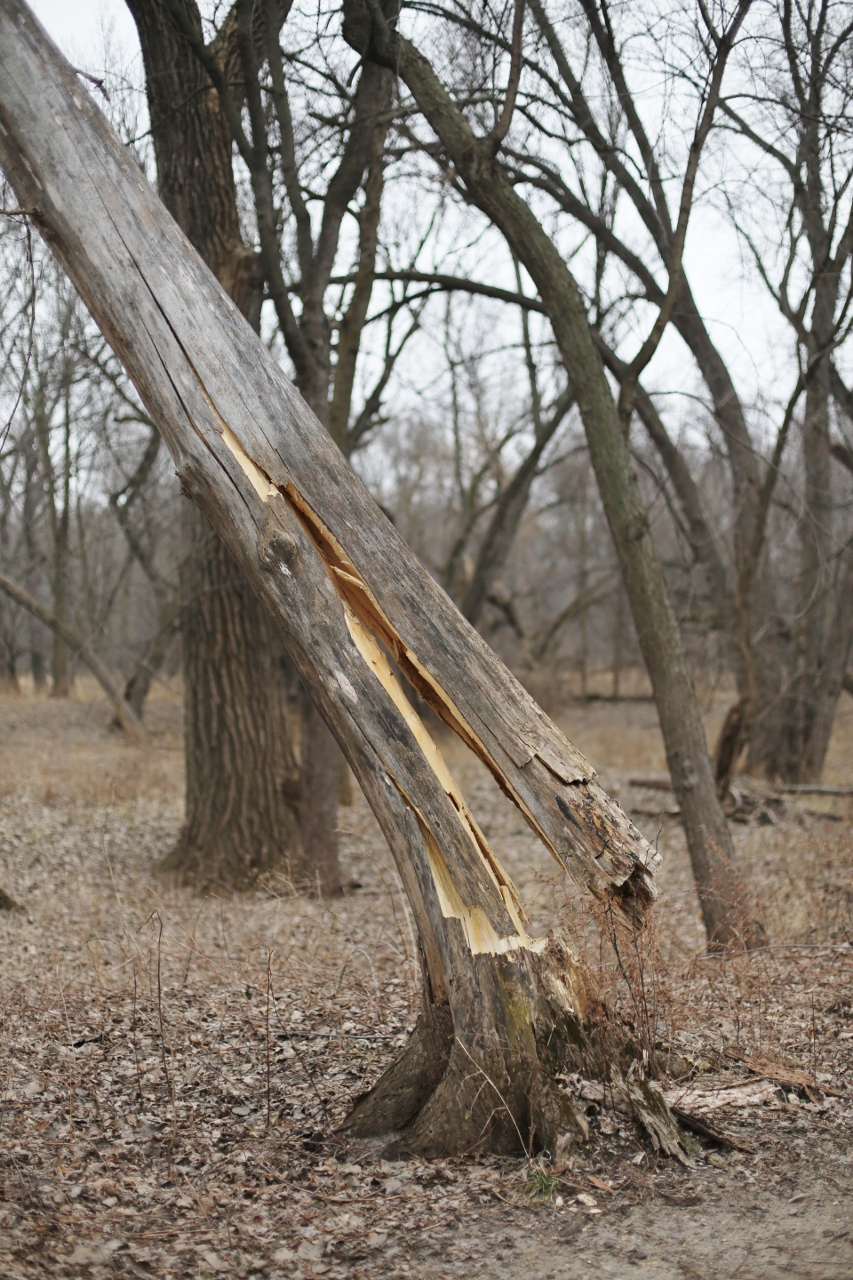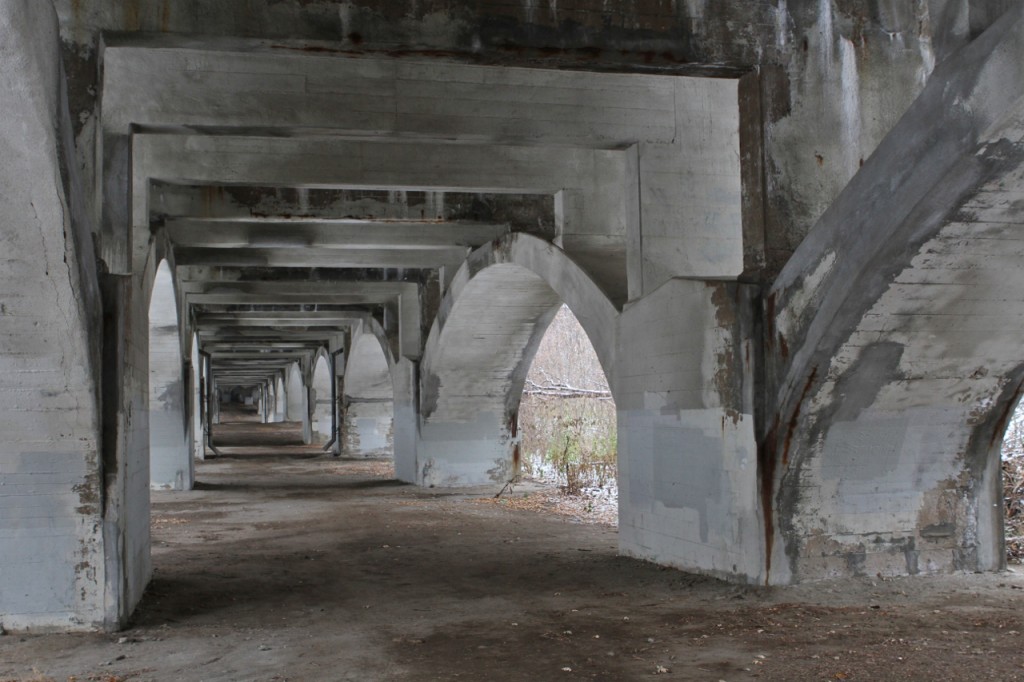
By Sylvia Kim
It’s the summer of 2007.
My body’s immersed in the warm bath water. But instead of feeling relaxed, I’m in pain. The pain throbs across my body, eats up my mind, but mostly, pierces through my heart.
I replay the images from last night in my mind—flashes I desperately want to forget.
The rage in his eyes, so unfamiliar. As if I were staring into the eyes of a stranger and not the eyes of my brother. My brother—a pastor, my role model, the spiritual leader of an entire congregation. My brother who has known me and, although imperfect, has loved me my whole life.
Lips curled in fury, his face unrecognizable. And then the chokehold. Flying across the room. Hitting the wall. Feeling my body land in an unnaturally distorted position.
Looking up from down below, everything was out of focus. Upside down.
When he came to me while I was still on the ground, I knew right then and there that nothing would ever be the same again.
I was right. Things have never been the same.
•••
In Korean, “Oppa” means “older brother” from a girl’s perspective. The perspective of a little sister.
These days, “Oppa” is commonly used as a flirtatious term popularized by k-pop and Korean dramas.
But when I was growing up, “Oppa” was a serious term of respect. I was never allowed to call my brother by his given name.
Oppa and I learned to grow up fast as children of first-generation Korean store-owner immigrants. After a successful stint as convenience store owners, my parents would often leave us at night to go work at their clothing factory—a new business venture they were exploring. Oppa would go through my bedtime routine, put me to sleep. He would guard the phone at home. Three rings, a pause, another ring. That was the code my mother taught us so that we would know when to pick up the phone.
Left at home, too often by ourselves, we had a love-hate relationship; we fought viciously, made up, fought again and made up.
We couldn’t live with one another but couldn’t live without each other.
My childhood memories are entangled with images of his face, his expressions, his mannerisms, his lectures, his embraces.
Growing up, he was the closest person to me in my life.
•••
There were signs, of course.
His flashes of rage. The holes in the wall from his punches. We placed calendars over each hole and excused every outburst as teenage angst.
When Oppa went to high school, he struggled with his weight and consequently, his self-confidence.
Although I had my own personal angst, something about him, his vulnerability, his sensitivity made me feel protective.
Likewise, Oppa personified all the tell-tale behaviors of an over-protective older brother.
There were years of miscommunication and distance.
By the time Oppa went to college, we had re-kindled our friendship. By the time I went to college, we were so close that he gave me The Giving Tree by Shel Silverstein and told me that he would always be there for me.
He was the one I turned to over and over again with each dramatic incident of my teenage years, for each critical decision I made in my years as a young adult.
He was truly my Giving Tree, and the most influential person in my life.
•••
In the summer of 2007, I was visiting California to meet my boyfriend’s parents. We were planning to get married.
I had been visiting California since Oppa attended Fuller Theological Seminary. Oppa was now the Pastor of an English-speaking ministry at a local Korean American Church. My boyfriend attended that same church.
That morning, Oppa and I had a big fight. He was complaining I wasn’t spending enough time with him, that I was spending too much time with my boyfriend.
He’d become so angry, hurtful, since I had started dating my boyfriend.
I came home early that evening. I was staying with Oppa and my sister-in-law in their two-bedroom apartment. The fight from the morning seemed inconsequential. I was ready to make up.
But that night, something snapped.
I saw true rage in Oppa’s eyes. Was it really because of my boyfriend and Oppa’s over-protective stance as an older brother? Was it because I was about to launch my legal career and Oppa had always wanted to go into law but hadn’t? Was it because my parents already loved my boyfriend and were considering him as their son when Oppa had always struggled with self-acceptance as the eldest son of a traditional Korean family?
Is there ever a reason or justification?
This time, there is no making up.
•••
I’ve always prided myself on being an advocate. I consider myself a woman of action. I protest. I march. I fight.
I’ve always loved arguing, the heat of debate. In law school, I specialized in criminal litigation and international human rights—always one of the few Asians in my classes.
I’ve always been told how “non-Asian” I am; how I break the stereotype of a submissive, quiet, well-mannered Asian woman. I am loud. Confident.
Never would I have imagined myself to be so submissive…so Korean…so silenced.
I’ll never forget the panicked look of my sister-in-law as she forced the phone out of my hand when I was trying to call the police. I’ll never forget the sound of my weeping parents begging me not to call the police. Instead they told me to roll an egg on my bruises to make them go away faster.
I underestimated the power of my subconscious need to obey, to comply, to help my parents in sweeping this messy incident under the rug. The driving force to save our family’s reputation was also clouded by my internal voices of justification. This was my brother, after all. He loved me; I loved him. Surely this was not something I could send him to jail for, ruin his entire career, ruin our entire family. I felt forced to do nothing.
Me, an English-speaking lawyer-to-be with a background in advocacy and activism.
I’ll never forget the self-loathing and shame I felt as I retreated within myself, my voice silenced. Oh, the hypocrisy. And I called myself a lawyer? An advocate?
To this day, my father claims that what happened that night was not a big deal. So an Oppa hit his dongsaeng, little sister. He’s always wondering why I’m being over-dramatic. We were family. We loved one another. Why couldn’t I just get over it and move on?
So, I did nothing. I moved on.
•••
That night, my boyfriend picked me up and took me to a nearby hotel. He held me as I sobbed. He gently placed ice packs and eggs on my bruises.
He also went, the very next day, to hear my brother preach.
He, too, is Korean.
•••
I did nothing. In 2007 nor in all the following years.
But there were moments of clarity, of progress.
When I found out I was giving birth to a little boy, I cried. I was anguished that I should give birth to a little boy that could become a man who could potentially hit another woman. But I found strength in my husband, a good man, in knowing that we could raise our son differently.
Within a year after my son was born, I joined the Board of Directors for a specialized clinic for women experiencing violence. In my application to join the board, I shared, for the first time, openly about what my brother had done to me.
It was cathartic. Empowering.
I now have a daughter. And with the dismal statistics of women experiencing domestic violence in North America today, I want her to know that she can have a voice. She needs to have a voice. I need to raise her so that she, unlike me, will not be silenced.
•••
I get out of the bath water, unsure of what to do next.
I look in the mirror. I don’t even recognize her—such uncertainty in her eyes. That can’t be me.
When I look up close, at the bruises, she’s even more unrecognizable. I take out my makeup bag. I cover up my bruises. I put a smile on my face. I meet my boyfriend’s parents.
A year later, we get married.
•••
I won’t go into the details of my depression and journey of spiritual healing and revival after the summer of 2007.
I won’t go into the decade-old disappointment towards my brother and my beloved well-intentioned parents who have never acknowledged the criminality of what Oppa did to me.
It wasn’t until recently that I finally found the strength to publicly share my story.
Surprisingly, this strength came in the form of an unexpected phone call from a police investigator conducting a background check for my brother who had applied, of all things, to become a police officer.
As I shared my story, ten years later, to this random police officer, I did feel a refreshing sense of vindication. Oppa should have never become an ordained pastor, an American citizen, a Navy Chaplain. He should have received court-mandated counseling. I should have received a restraining order.
Then he wouldn’t have dared to threaten me again. Which he did, five years later, causing me to cut him off completely.
And my parents, first-generation immigrants. To this day, condoning my brother, asking me to be the bigger person, to think of the family’s reputation. To this day, asking me how they can choose between Oppa and me.
They don’t realize that by choosing to protect my brother, they gave up their daughter. The broken trust and abandonment I felt in my deepest moments of pain have never left me.
I know what I experienced is nothing compared to the unspoken tragedies of domestic and family violence in too many households across North America. But that’s why I need to tell my story. This story.
I loved my Oppa. I love my parents. But Oppa hit me.
•••
SYLVIA KIM is a lawyer and human rights advocate currently residing in Southern California. Although it took her much too long to publicly share this story, she hopes this will encourage other women, particularly from cultures where domestic and family violence is highly stigmatized, to share their stories as well. Sylvia is a regular contributor to the Huffington Post and usually writes on international human rights issues, racial justice, and politics.

 Follow
Follow
